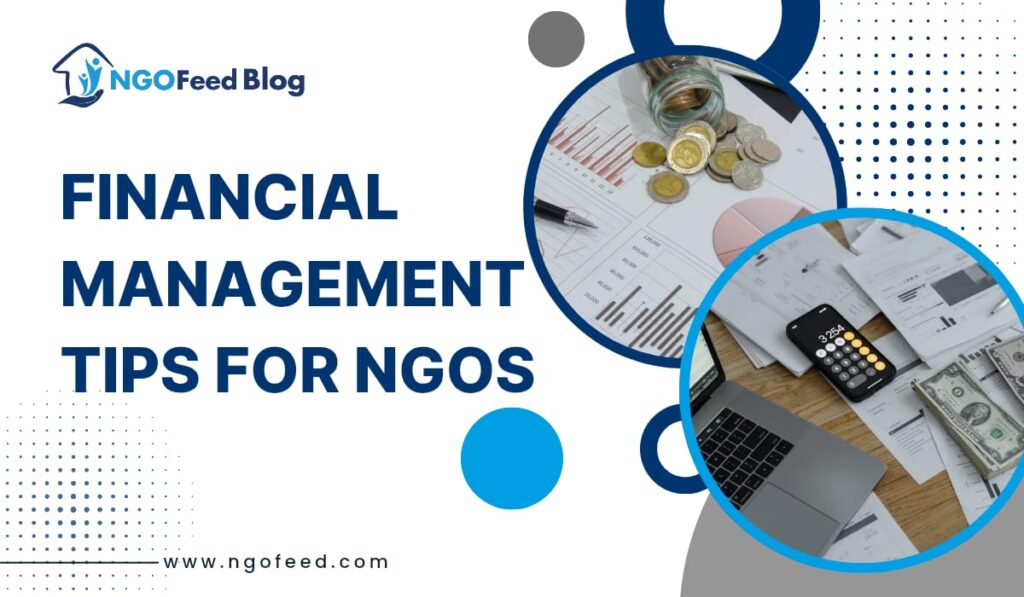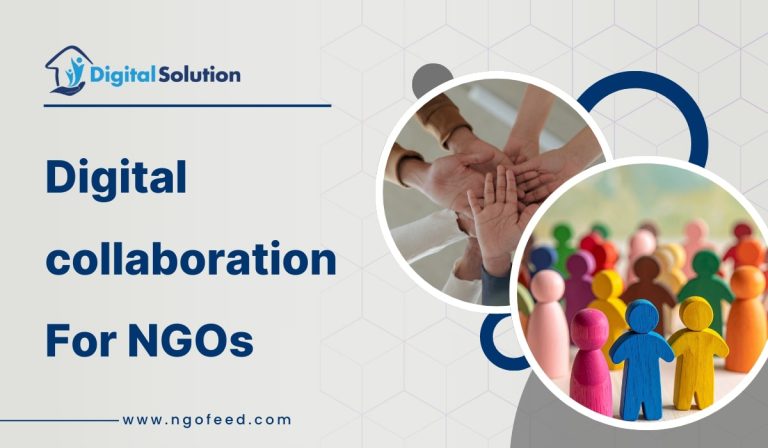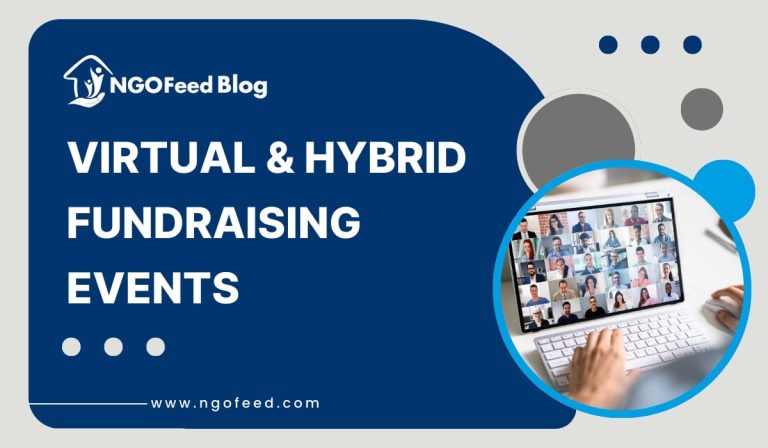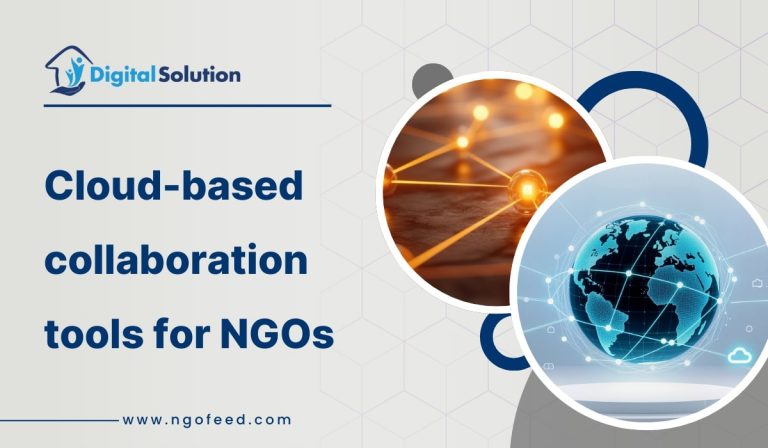Financial Management Tips for NGOs: Non-Governmental Organizations (NGOs) have a vital role in tackling social, economic, and environmental issues worldwide. Even with their commendable goals, proper financial management frequently poses a significant obstacle for NGOs. Effective financial practices not only guarantee sustainability but also foster trust among donors, stakeholders, and beneficiaries. This article offers detailed advice to improve financial management practices in NGOs, allowing them to fulfill their mission effectively and efficiently.
Table of Contents
1. Develop a Robust Financial Plan
An effective financial management strategy is built on a strong financial plan. It must include:
- Budgeting: Formulate comprehensive annual budgets that are in line with the organization’s objectives and activities. Budgets should divide expenses into operational, programmatic, and administrative categories.
- Forecasting: Leverage past data to estimate future financial necessities, ensuring resources are ready for intended activities.
- Contingency Planning: Incorporate allowances for unexpected expenses to lessen financial risks.
2. Diversify Funding Sources
Heavy dependence on a single funding source can threaten an NGO’s sustainability. Broaden income sources by examining:
- Grants and Donations: Seek grants from government agencies, international organizations, and philanthropic foundations.
- Corporate Partnerships: Partner with businesses for financial support and shared value initiatives.
- Social Enterprises: Create income-generating activities that align with the NGO’s mission.
- Crowdfunding: Use online platforms to gather funds for projects.
3. Maintain Transparent Financial Records
Transparency is essential for instilling donor trust and meeting legal obligations. Key practices consist of:
- Accurate Bookkeeping: Log all financial transactions in a timely and correct manner.
- Periodic Audits: Carry out both internal and external audits regularly to confirm the validity of financial records.
- Reporting: Produce and disseminate financial statements to stakeholders, emphasizing income, expenses, and fund usage.
4. Implement Strong Internal Controls
Robust internal controls help prevent financial mismanagement and fraud. Strategies encompass:
- Segregation of Duties: Designate different individuals for financial approval, recording, and reporting tasks.
- Approval Hierarchies: Establish explicit authority levels for financial decisions.
- Expense Policies: Create regulations governing permissible expenses and reimbursement methods.
- Regular Reconciliation: Align financial records with bank statements to quickly spot discrepancies.
5. Invest in Financial Management Systems
Advanced financial management tools can improve efficiency and accuracy. Consider:
- Accounting Software: Utilize platforms like QuickBooks, Xero, or Tally for bookkeeping and financial reporting.
- Grant Management Systems: Deploy systems to monitor grant applications, reporting requirements, and deadlines.
- Donor Management Tools: Use software to oversee donor databases and facilitate communication.
6. Build Financial Literacy Among Staff
Financial management is not merely the duty of accountants or finance personnel. Foster financial literacy organization-wide by:
- Training Programs: Host workshops on budgeting, expense management, and adherence to compliance.
- Resource Materials: Supply staff with manuals and tools for making financial decisions.
- Open Communication: Promote discussions among staff about financial matters and the sharing of innovative cost-saving strategies.
7. Adopt Cost-Effective Practices
Cost efficiency guarantees that resources are used judiciously. Key strategies consist of:
- Procurement Policies: Negotiate with vendors for discounts and bulk buy options.
- Energy Savings: Employ energy-efficient methods in office operations.
- Volunteer Engagement: Optimize the involvement of volunteers to decrease staffing expenses.
8. Ensure Compliance with Legal and Tax Regulations
Failing to comply can result in penalties and a loss of trustworthiness. To maintain compliance:
- Understand Local Laws: Acquaint the organization with tax exemptions, filing obligations, and reporting criteria.
- Hire Experts: Seek advice from legal and financial specialists for intricate compliance matters.
- Regular Updates: Monitor modifications in legal and tax regulations.
9. Engage Donors Through Accountability
Cultivating long-lasting connections with donors necessitates trust and accountability. Recommended practices encompass:
- Impact Reporting: Emphasize the concrete results of donor contributions.
- Personalized Communication: Inform donors about the advancement of projects they support.
- Acknowledgment: Express gratitude through thank-you letters, recognition gatherings, or certificates.
10. Plan for Financial Sustainability
Sustainability guarantees that an NGO can persist in its operations and influence over time. Essential measures involve:
- Reserve Funds: Create a reserve fund to navigate financial emergencies.
- Long-Term Partnerships: Develop lasting connections with donors and stakeholders.
- Strategic Planning: Synchronize financial objectives with the NGO’s mission and long-range vision.
11. Monitor and Evaluate Financial Performance
Consistent monitoring and evaluation assist in recognizing strengths and areas needing enhancement. Actions to contemplate:
- Key Performance Indicators (KPIs): Specify and monitor financial KPIs such as fundraising efficiency and program expense ratio.
- Periodic Reviews: Conduct quarterly assessments to evaluate financial status.
- Adjust Strategies: Alter financial strategies based on performance data.
12. Promote Ethical Financial Practices
Ethical practices build trust and elevate the NGO’s image. This includes:
- Integrity in Fundraising: Refrain from deceptive claims or inflated promises to donors.
- Equitable Allocation: Guarantee that funds are distributed according to donor intentions and organizational priorities.
- Transparency: Disclose both achievements and challenges candidly with stakeholders.
Conclusion
Effective financial management is essential for NGOs to fulfil their mission, maintain donor trust, and achieve sustainable impact. By developing a robust financial plan, diversifying funding sources, implementing strong internal controls, and promoting transparency, NGOs can navigate financial challenges successfully. Additionally, investing in financial literacy, adopting modern tools, and fostering accountability are critical for long-term success. These practices, combined with a commitment to ethical standards, ensure that NGOs can continue making a positive difference in society.









